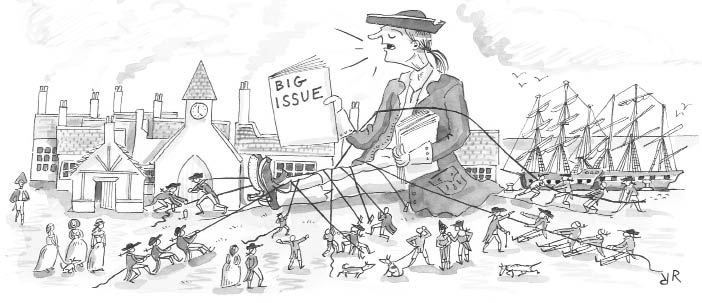In this season of Franzen frenzy, spare a thought for André Aciman, an American writer whose name, I think, is so far unmentioned in the daft pursuit of the Great American Novel.
In this season of Franzen frenzy, spare a thought for André Aciman, an American writer whose name, I think, is so far unmentioned in the daft pursuit of the Great American Novel. His new novel will achieve only a tiny fraction of Freedom’s sales, but, within its tight parameters, it is perfect.
Aciman was not always American. His first book, Out of Egypt (1996), chronicles his extended Jewish family which migrated from Istanbul to Alexandria after the first world war, only to be expelled in the 1960s under Nasser’s regime. It is a short book that conjures savage bitching, love, loss and sadness, with a blend of shrewdness and humour that makes it one of the most powerful memoirs I know.
Some years in Rome and Paris preceded his settling in America, and his complex past has been deeply influential on his work. He has edited two slim volumes, Letters of Transit: Reflections on Exile, Identity, Language and Loss (1999), and The Proust Project (2004). Between these came False Papers: Essays on Exile and Memory (2000), in which he describes a return to Alexandria and Paris, as well as trips to Proust’s house and an unused New York subway stop, among other things. Call Me By Your Name (2007) was Aciman’s first novel. Bold, brilliant and subtle, it is a retrospective anatomy of desire between two men that develops into a love affair which is remembered by each as their defining love, such that their subsequent separate lives seem to have passed in a coma. The action takes place over one summer in Italy between a gifted 17-year-old and a 24-year-old Adonis, who is a visiting American academic.
Aciman’s new novel, Eight White Nights, is a detailed account of the start of a heterosexual love affair, narrated by the man, from a Christmas Eve party to the New Year’s Eve party at the same place. Never mind that the time scale is unrealistically foreshortened, or that the characters are implausibly quick and brainy, rich and apparently privileged: Aciman has deliberately set up a situation in which he can explore with enthralling intensity the behaviour of a couple falling in love.
The protagonists are experienced — they have both ‘known the rose garden’ and ‘the trenches’ — and are ‘lying very très low’. Their introduction — ‘someone suddenly put out a hand and said, “I am Clara’’’ — takes 20 pages to unpack, and this initial coup de foudre echoes through the novel, together with the swiftly accumulated motifs of the relationship, notably music and a private language. As they become more excited, so too are they more wary of one another’s, and their own, desires and intentions. The ‘twined and tortured shadow-thinking that both paralysed us and drew us closer’ is intricate, intimate, and often funny.
Joy and fear are visceral, as each allows the other glimpses of their lives and then withdraws, only to advance again. While the first-person voice precludes privileged access to Clara’s thoughts and emotions, the dialogue and behaviour are so precisely rendered that the reader must infer more than he knows about Clara, a process that enacts life and sustains tension in the narrative. Arcing over all the minute reversals is the irony that the narrator (unnamed, except as ‘Prinz Oskár’, Clara’s nickname for him), who appears to be the one most eager to start an affair, is the more inhibited of the two. As Clara tells him on the sixth day: ‘You haven’t the foggiest idea what you want, or what you’re willing to offer’ — moments before sticking her hand down his trousers and saying, ‘You’ve been giving me palaver. When you’re good and ready, I want this.’
If Aciman appears to have left Europe behind in Eight White Nights, two phrases from his earlier work plainly display the links. ‘With their memories perpetually on overload,’ he writes in the introduction to Letters of Transit, ‘exiles see double, feel double, are double… exile, like love, is not just a condition of pain, it’s a condition of deceit.’ And in False Papers, Proust is described as having ‘perfected the studied unveiling of spontaneous feelings.’ The same could be said of Aciman himself. It even seems fitting, if no less astonishing, that he should have chosen to portray homosexual love in his first novel, and switched to heterosexual love in his second.
Aciman writes in beautiful malleable prose that brilliantly articulates and reflects his difficult subject. There are no nods to global warming, the economy, terrorism and so forth: anyone who regards these as necessary components of greatness in a novel will prefer to clutch at Freedom. But I haven’t kept my copy of Freedom, whereas I shall keep Eight White Nights, and all Aciman’s other books, within easy reach. They are great.





Comments